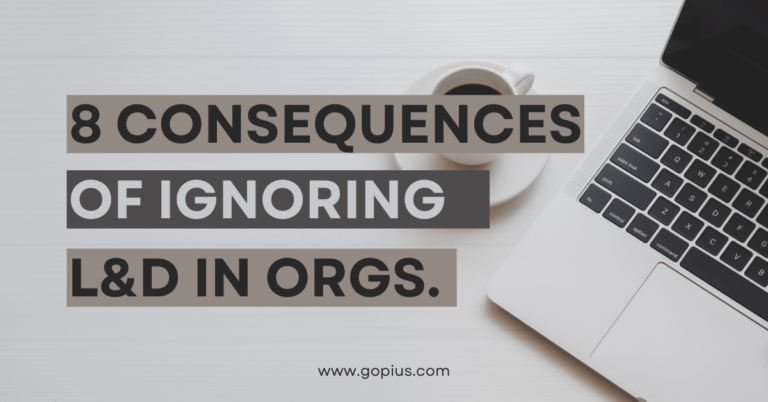What Are the Uses of Sales Analytics?

In the fiercely competitive world of modern commerce, the ability to harness data effectively can be the difference between success and obsolescence. Sales analytics has emerged as a pivotal tool that businesses leverage for insights guiding their strategies and operations. By analyzing historical data and current trends, companies are able to adapt more dynamically to the ever-changing market. Below, we delve into the multifaceted uses of sales analytics and its transforming impact on various business paradigms.
Understanding the Impact of Sales Analytics on Business Strategy
The advent of sales analytics has revolutionized the way businesses strategize. Using data-driven insights, companies can allocate resources more efficiently, targeting areas with the highest return on investment. By understanding customer behavior patterns, market trends, and sales performance, business leaders can make data-informed decisions that foster sustainable growth.
Moreover, analytics allows for the identification of both successful and underperforming products and services. Businesses are thus equipped to refine their offerings, catering to the demands of their target audience. This level of responsiveness is a key differentiator in markets saturated with alternatives.
One particularly powerful aspect of sales analytics is its predictive capacity. Anticipating future sales and market movements helps organizations to be proactive rather than reactive. This foresight can lead to better stocking, staffing, and marketing decisions that align with anticipated consumer needs.
Enhancing Customer Relationship Management with Sales Analytics Data

Understanding customers is the cornerstone of any successful business, and sales analytics is instrumental in deepening this understanding. By analyzing customer data, businesses can personalize their outreach and engagement strategies, fostering loyalty and repeat business.
The data can reveal insights about customer preferences and behavior, enabling companies to create targeted marketing campaigns. Personalized experiences are known to boost customer satisfaction, leading to better retention rates and word-of-mouth marketing benefits.
Sales analytics also allows for more effective handling of customer complaints and resolutions. Analyzing customer feedback and support interactions helps to identify common issues and potential improvements in products or services.
Furthermore, the integration of sales analytics into customer relationship management (CRM) systems can automate and fine-tune sales pipelines. This enables sales teams to focus on high-probability leads and to nurture key customer relationships more effectively.
Optimizing Pricing Strategies through Sales Data Interpretation
One of the most challenging aspects for businesses is determining the optimal pricing for their products or services. Sales analytics provides a data-centric approach to pricing that can significantly boost profitability. Through comprehensive analysis, businesses can determine the price points that customers are willing to pay.
Dynamic pricing strategies can be developed using real-time sales data, allowing businesses to adjust prices based on current demand patterns. This is particularly useful in industries where demand fluctuates rapidly, such as travel and hospitality.
Competitive analysis powered by sales analytics also offers a view into how competitors are pricing similar products. This knowledge is critical for maintaining competitive advantage without eroding profit margins through a price war.
Moreover, analyzing how pricing changes affect sales volumes can inform future pricing decisions, making the strategy more responsive to market changes and customer sensitivities.
Sales Forecasting Accuracy and How Analytics Contribute
Sales forecasting is a vital function within any commercial organization, and analytics can greatly enhance its accuracy. By analyzing historical data, businesses can predict future sales with a higher degree of precision. Accurate forecasts are essential for inventory management, financial planning, and workforce allocation.
Analytics take into account seasonal trends, economic indicators, and consumer behavior shifts to refine forecasting models. When armed with this foresight, businesses can prepare for peak periods and reduce the likelihood of stockouts or overstock situations.
Artificial intelligence and machine learning algorithms can further enhance forecast accuracy by continuously learning from new data. These advanced analytics can detect patterns that might be imperceptible to human analysts, offering a competitive edge through superior forecasting.
Predictive analytics also provide insights into which products or services are likely to succeed or fail, allowing businesses to adjust their strategies proactively. Companies can capitalize on opportunities and mitigate risks much more effectively.
Altogether, the transformative power of sales analytics in business cannot be overstated. From crafting well-informed business strategies to refining product development decisions, the intelligence garnered through analytics is invaluable. Overall, businesses that integrate sales analytics into their operations are better positioned to meet consumer demands, adapt to market changes, and achieve sustainable growth.







